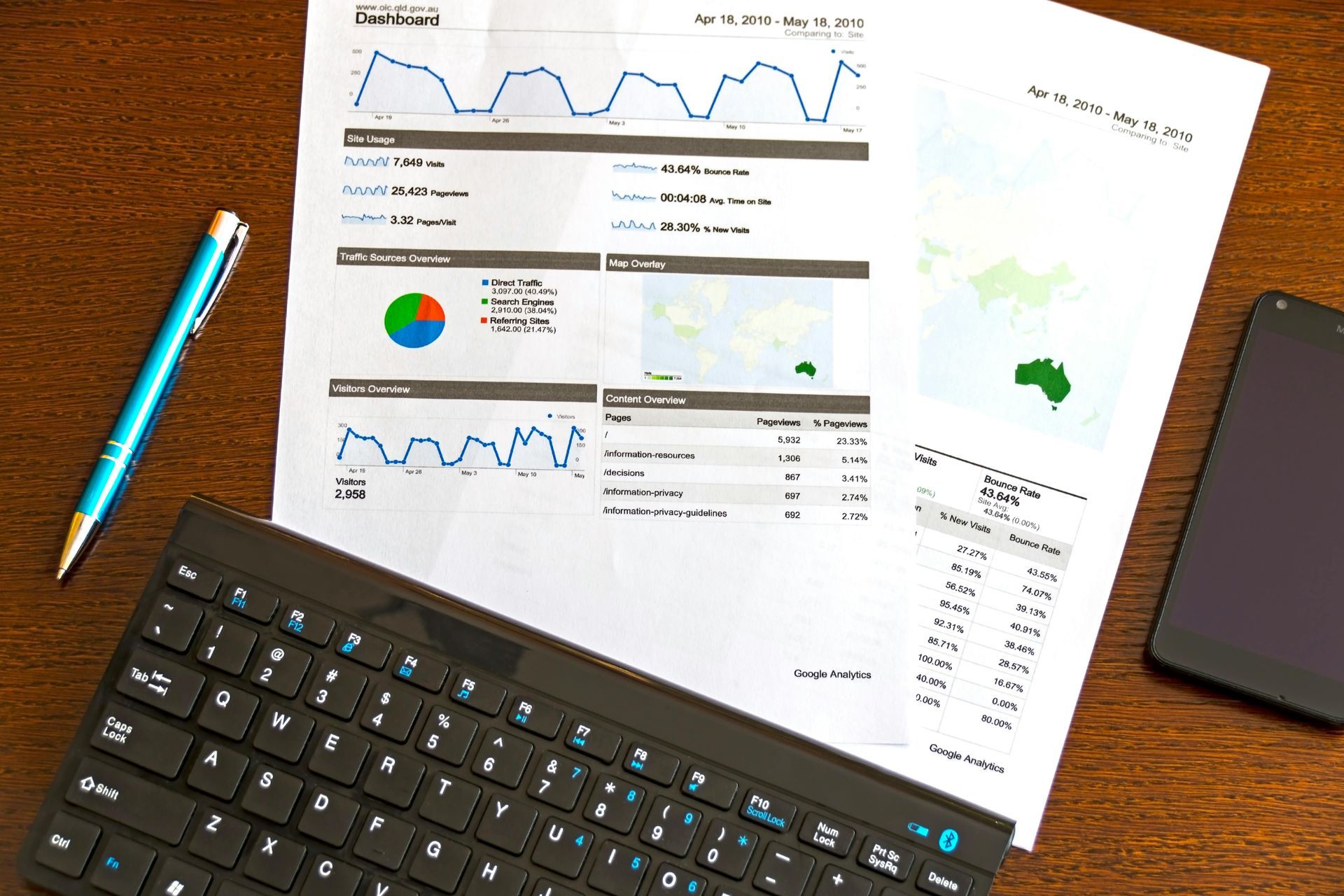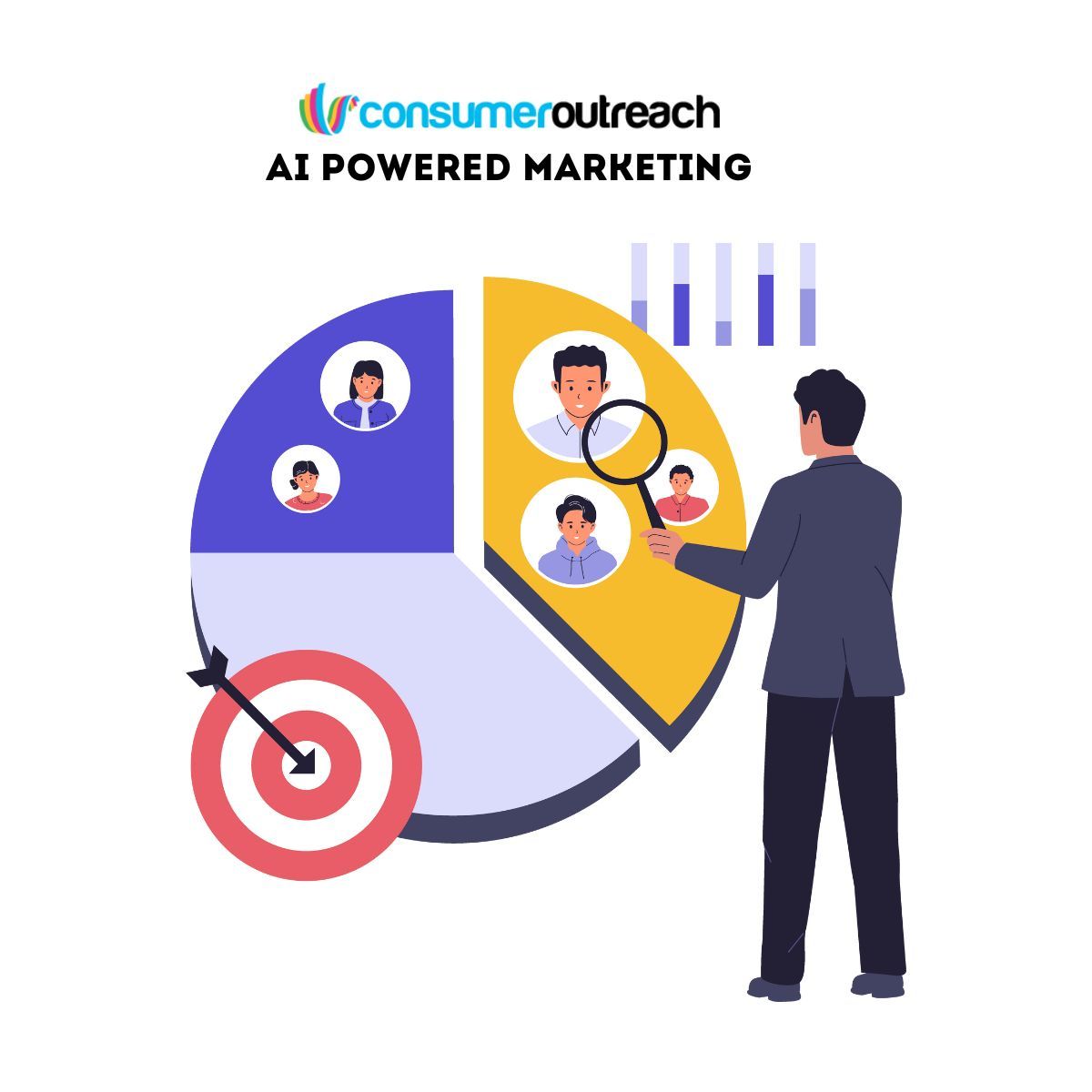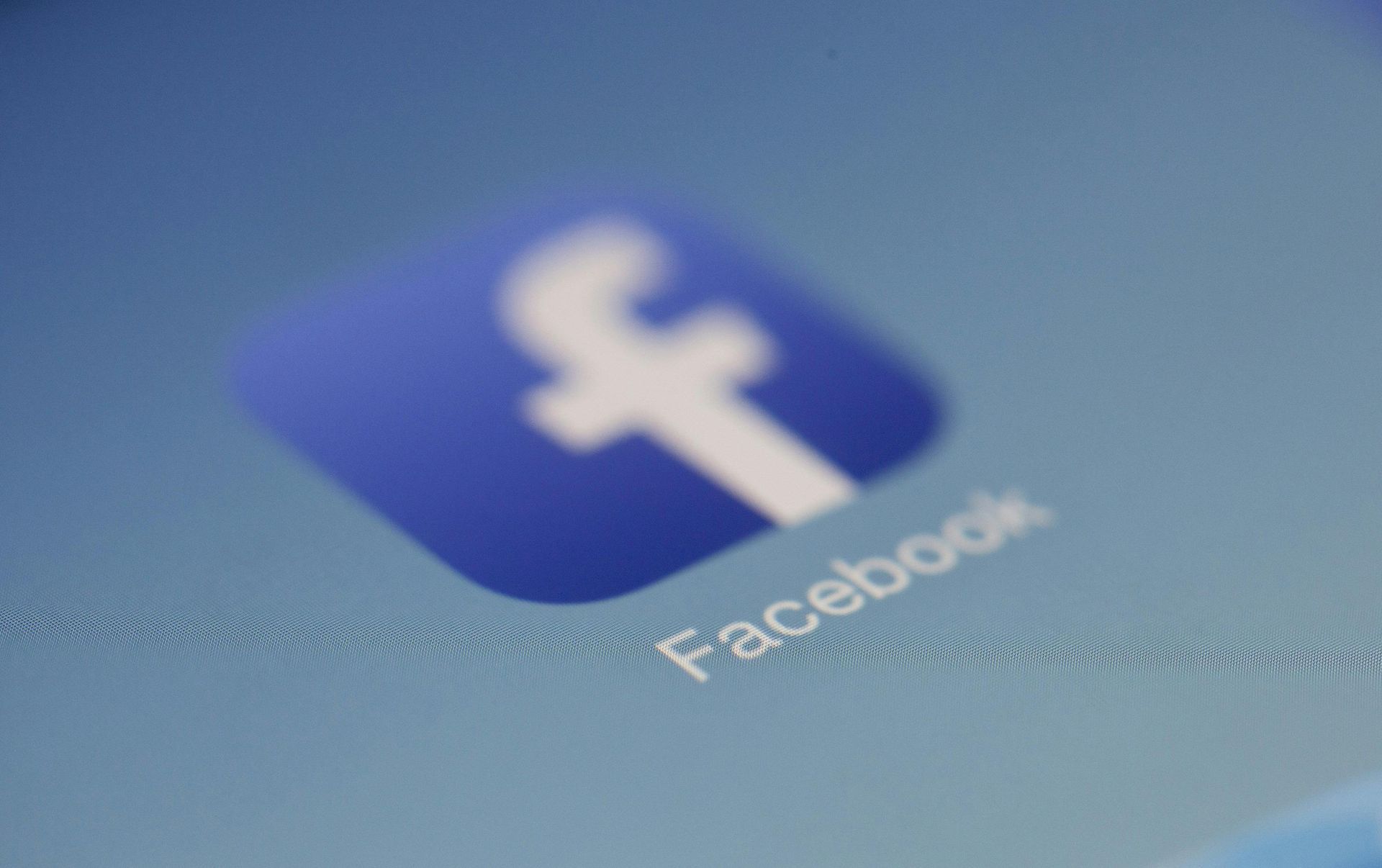The AI Revolution: How Hyper-Personalization is Changing Digital Content

The digital landscape is undergoing a seismic shift as artificial intelligence becomes the backbone of content creation and personalization strategies. Businesses across industries are discovering that AI-powered hyper-personalization isn't just a competitive advantage—it's becoming essential for survival in an increasingly crowded digital marketplace.
What is AI-Driven Hyper-Personalization?
Hyper-personalization takes traditional marketing personalization to unprecedented levels. While conventional personalization might address customers by name or recommend products based on purchase history, AI-driven hyper-personalization analyzes thousands of data points in real-time to create uniquely tailored experiences for each individual user.
From dynamic website content that adapts to browsing behavior to email campaigns that predict the perfect send time for each subscriber, artificial intelligence is making mass customization a reality. Machine learning algorithms process behavioral patterns, demographic information, contextual data, and even emotional cues to deliver content that resonates on a deeply personal level.
The Content Creation Revolution
Content creation has traditionally been labor-intensive and time-consuming. AI is changing that equation dramatically. Natural language processing models can now generate blog posts, social media updates, product descriptions, and marketing copy at scale while maintaining brand voice and quality standards.
However, the most sophisticated applications go beyond simple text generation. AI tools now assist with video editing, graphic design, podcast production, and interactive content creation. This democratization of content production enables businesses of all sizes to maintain robust content calendars without proportionally scaling their creative teams.
The key advantage isn't just speed—it's the ability to create variations. AI can generate dozens of content versions optimized for different audience segments, platforms, and contexts, then continuously learn which versions perform best.
Real-World Applications Across Industries
E-commerce platforms are using AI to create personalized product recommendations that go far beyond "customers who bought this also bought." Advanced systems consider browsing time, mouse movements, seasonal trends, and even social media activity to predict what each customer wants before they know it themselves.
Streaming services employ sophisticated recommendation engines that don't just suggest content based on what you've watched, but when you're likely to watch it, on which device, and with whom. This level of personalization keeps users engaged and reduces churn dramatically.
Financial services are leveraging AI to provide customized investment advice, fraud detection, and tailored banking experiences. Healthcare providers use personalization algorithms to deliver relevant wellness content, appointment reminders, and treatment information specific to each patient's conditions and preferences.
The Privacy Paradox
As AI-powered personalization becomes more sophisticated, it inevitably raises privacy concerns. Consumers increasingly expect personalized experiences but simultaneously worry about how their data is collected and used. The most successful implementations balance these competing interests through transparency, consent-based data collection, and giving users control over their personalization preferences.
Businesses must navigate evolving regulations like GDPR and CCPA while maintaining the data pipelines that fuel their personalization engines. The winners in this space are those who view privacy as a feature, not a constraint.
The Future of Personalized Content
Looking ahead, the integration of AI in content creation and personalization will only deepen. Emerging technologies like generative AI, emotion recognition, and predictive analytics will enable even more sophisticated personalization strategies.
We're moving toward a future where every piece of digital content adapts in real-time to individual preferences, contexts, and needs. Websites will restructure themselves for each visitor. Marketing messages will automatically adjust tone and content based on the recipient's current emotional state. Educational content will pace itself to each learner's comprehension speed.
Implementing AI Personalization Successfully
For businesses looking to leverage AI for hyper-personalization, success requires more than just adopting new technology. It demands a fundamental shift in how organizations think about customer relationships. The focus must move from demographic segments to individual journeys, from campaign-based thinking to continuous engagement, and from gut-feeling creativity to data-informed content strategies.
The widespread integration of AI for hyper-personalization and content creation represents one of the most significant shifts in digital marketing and customer experience. Those who embrace this transformation thoughtfully—balancing personalization with privacy, automation with authenticity—will define the next era of customer engagement.










